Solprate 300 Tablet 10's
MRP ₹63.5
(Inclusive of all Taxes)
₹9.5 Cashback (15%)
Provide Delivery Location
Online payment accepted
 Prescription drug
Prescription drugWhats That
Composition :
Manufacturer/Marketer :
Consume Type :
Expires on or after :
Return Policy :
About Solprate 300 Tablet
Solprate 300 Tablet belongs to a group of medicines called 'anticonvulsants' or 'anti-epileptics' primarily used to treat epilepsy/seizures/fits. Additionally, Solprate 300 Tablet is also used to treat mood disorders and migraine. Epilepsy is a sudden rush of electricity in the brain. In patients with seizures, the typical brain electrical pattern is disrupted by sudden bursts of electrical impulse that affect an individual's consciousness, movements or sensations.
Solprate 300 Tablet is a combination of two drugs, namely: Sodium valproate and Valproic acid. Solprate 300 Tablet works by decreasing the excessive and abnormal nerve activity in the brain. Thereby helps in controlling seizures. Solprate 300 Tablet increases the amount of a chemical substance called GABA, this helps block the nerve transmission across the brain and provides a calming effect.
You are advised to take Solprate 300 Tablet for as long as your doctor has prescribed it for you, depending on your medical condition. In some cases, you may experience certain common side-effects such as headache, sleepiness, drowsiness, impaired coordination, apathy (lack of interest), irregular periods and weight gain. Talk to your doctor if you experience these side-effects persistently.
Do not take Solprate 300 Tablet if you are pregnant, as it could cause serious congenital disabilities. If you are of child-bearing age, use effective contraception while taking Solprate 300 Tablet . Consult your doctor before taking Solprate 300 Tablet if you are breastfeeding. Solprate 300 Tablet causes drowsiness and dizziness, so avoid driving unless you are alert. Avoid consuming alcohol along with Solprate 300 Tablet as it could lead to an increased risk of seizures. Care should be taken while giving Solprate 300 Tablet to children below 3 years as there is a higher risk of liver intoxication during the first 6 months of treatment.
Uses of Solprate 300 Tablet
Directions for Use
Key Benefits
Solprate 300 Tablet is a combination of two drugs, namely: Sodium valproate and Valproic acid. Solprate 300 Tablet is used to treat epilepsy/seizures/fits, mood disorders and to prevent migraine headaches. Solprate 300 Tablet decreases the excessive and abnormal nerve activity in the brain, thereby controlling seizures. Solprate 300 Tablet is used to treat certain forms of epilepsy such as petit mal epilepsy (short-term unconsciousness due to disorder in the brain), myoclonic seizures (sudden muscle contractions) and grand mal epilepsy (severe muscle contractions which lead to unconsciousness). Solprate 300 Tablet may also be used to treat epilepsy which does not sufficiently respond to other anticonvulsant drugs, such as epilepsy which is not associated with movements and epilepsy with symptoms affecting perception and deliberate movements. Solprate 300 Tablet is used to treat both partial seizures (affects only a part of the brain) and generalised seizures (affects the entire brain).
Storage
Drug Warnings
Do not take Solprate 300 Tablet if you are allergic to any of its contents, if you have/ had liver problems, porphyria (blood disorder) or if you are susceptible to bleeding. Inform your doctor if you have inflammation-like diseases, bone marrow damage or kidney problems. Talk to your doctor if you experience weakness, loss of appetite, lack of interest, recurrence or worsening of seizures, prolonged bleeding or abdominal pain while taking Solprate 300 Tablet . Consult your doctor immediately if you experience suicidal tendencies while taking Solprate 300 Tablet . Please do not stop taking Solprate 300 Tablet without consulting your doctor to avoid the worsening of seizures. Do not take Solprate 300 Tablet if you are pregnant, as it could cause serious birth defects. If you are of child-bearing age, use effective contraception while taking Solprate 300 Tablet . Consult your doctor before taking Solprate 300 Tablet if you are breastfeeding. Solprate 300 Tablet causes drowsiness and dizziness, so avoid driving unless you are alert. Avoid consuming alcohol along with Solprate 300 Tablet as it could lead to increased risk of seizures. Care should be taken while giving Solprate 300 Tablet to children below 3 years as there is a higher risk of liver intoxication during the first 6 months of treatment.
Diet & Lifestyle Advise
- A ketogenic diet (low in carbohydrates and high in fats) is recommended for children with epilepsy. This diet helps in utilising fat instead of glucose for the generation of energy.
- Atkins diet (high fat and controlled carbohydrates) is recommended for adolescents and adults.
- Exercising regularly helps in maintaining weight and improving overall health.
- Rest well, and get plenty of sleep.
- Avoid smoking and alcohol consumption.
- Meditation and yoga can help lower stress, decrease pain sensitivity and improves coping skills.
- Have a seizure response plan; this helps those around you know what to do.
- Prepare your living area; small changes may help in reducing the risk of physical injury during a seizure.
- Understand what triggers seizures and try reducing or avoiding them.
- Please pay attention to overall health as it can help in reducing seizure activity.
- Install an alarm or emergency device to get assistance during a seizure attack.
Side Effects of Solprate 300 Tablet
- Headache
- Nausea
- Vomiting
- Diarrhoea
- Sleepiness
- Drowsiness
- Impaired coordination
- Apathy (lack of interest)
- Hair loss
- Irregular periods
- Weight gain
Habit Forming
Therapeutic Class
All Substitutes & Brand Comparisons
RX
Torvate Chrono 300 Tablet 10's
Torrent Pharmaceuticals Ltd
₹53
(₹4.77 per unit)
16% CHEAPERRX
Out of StockEpima Chrono 300mg Tablet
Zydus Cadila
₹55
(₹4.95 per unit)
13% CHEAPERRX
Amvalor Chrono CR 300 mg Tablet 10's
Arinna Lifesciences Ltd
₹56.5
(₹5.09 per unit)
11% CHEAPER
Author Details
We provide you with authentic, trustworthy and relevant information
FAQs
Drug-Drug Interactions Checker List
- ASPIRIN
- PHENOBARBITAL
- PHENYTOIN
- PRIMIDONE
- CARBAMAZEPINE
- LAMOTRIGINE
- FELBAMATE
- ZIDOVUDINE
- AMITRIPTYLINE
- SERTRALINE
- QUETIAPINE
- OLANZAPINE
- RISPERIDONE
- LEVONORGESTREL
- MEFLOQUINE
- CIMETIDINE
- IMIPENEM
- MEROPENEM
- ERYTHROMYCIN
- CHOLESTYRAMINE
- CLONAZEPAM
- DIAZEPAM
Special Advise
- Regular monitoring of blood count is advised while taking Solprate 300 Tablet as it may cause spontaneous bleeding or bruising.
- Inform your doctor that you are taking Solprate 300 Tablet if you are due to have any surgery or dental intervention.
- Consult your doctor if you experience irregular periods while taking Solprate 300 Tablet .
- If you are of child-bearing age, use effective contraception while taking Solprate 300 Tablet .
Disease/Condition Glossary
Epilepsy/Seizures: Seizures, also known as fits or convulsions, is a single occurrence of abnormal electrical activity in the brain, whereas epilepsy is a chronic neurological disorder characterized by recurrent seizures. The possible causes of epilepsy include traumatic brain injury, scarring on the brain after a brain injury, high fever, stroke, vascular diseases, lack of oxygen to the brain, brain tumours, and genetic disorders. Symptoms include mood changes, anxiousness, nausea, dizziness, weakness, headache, muscle jerking, spasms, loss of balance, teeth clenching, rapid blinking or eye movements, biting the tongue, confusion, and loss of consciousness.
Mood disorder: It is a mental health disorder which mainly affects a person's emotional state. A mood disorder is associated with episodes of mood swings ranging from manic highs to depressive lows.
Migraine: Migraine is a neurological condition which is characterised by an intense, debilitating headache. Hormonal changes, stress, lack or excess of sleep, bright lights, loud sounds, certain foods and drinks can trigger migraine headaches. Symptoms of migraine include throbbing pain in one particular area with varying intensity, nausea, vomiting, numbness or tingling sensation, difficulty speaking, and sensitivity to sound and light.

Have a query?
Alcohol
Safe if prescribed
Avoid consumption of alcohol while taking Solprate 300 Tablet as it may increase the risk of seizures.
Pregnancy
Consult your doctor
Solprate 300 Tablet belongs to pregnancy category D. Avoid taking Solprate 300 Tablet if you are pregnant unless prescribed by a doctor, as it could lead to serious birth defects.
Breast Feeding
Consult your doctor
Solprate 300 Tablet may pass into breastmilk. Consult your doctor before taking Solprate 300 Tablet if you are breastfeeding.
Driving
Safe if prescribed
Solprate 300 Tablet causes dizziness, sleepiness and drowsiness. Do not drive or operate machinery unless you are alert.
Liver
Consult your doctor
Solprate 300 Tablet should not be used if you have liver problems or your family has a history of liver problems. Please consult your doctor if you have any concerns regarding this.
Kidney
Consult your doctor
Dose adjustment may be needed in patients with kidney impairment. Please consult your doctor if you have kidney impairment or any concerns regarding this.
Children
Safe if prescribed
Solprate 300 Tablet can be given to children if prescribed by the doctor. The dose will be adjusted by the doctor depending upon the child's body weight.



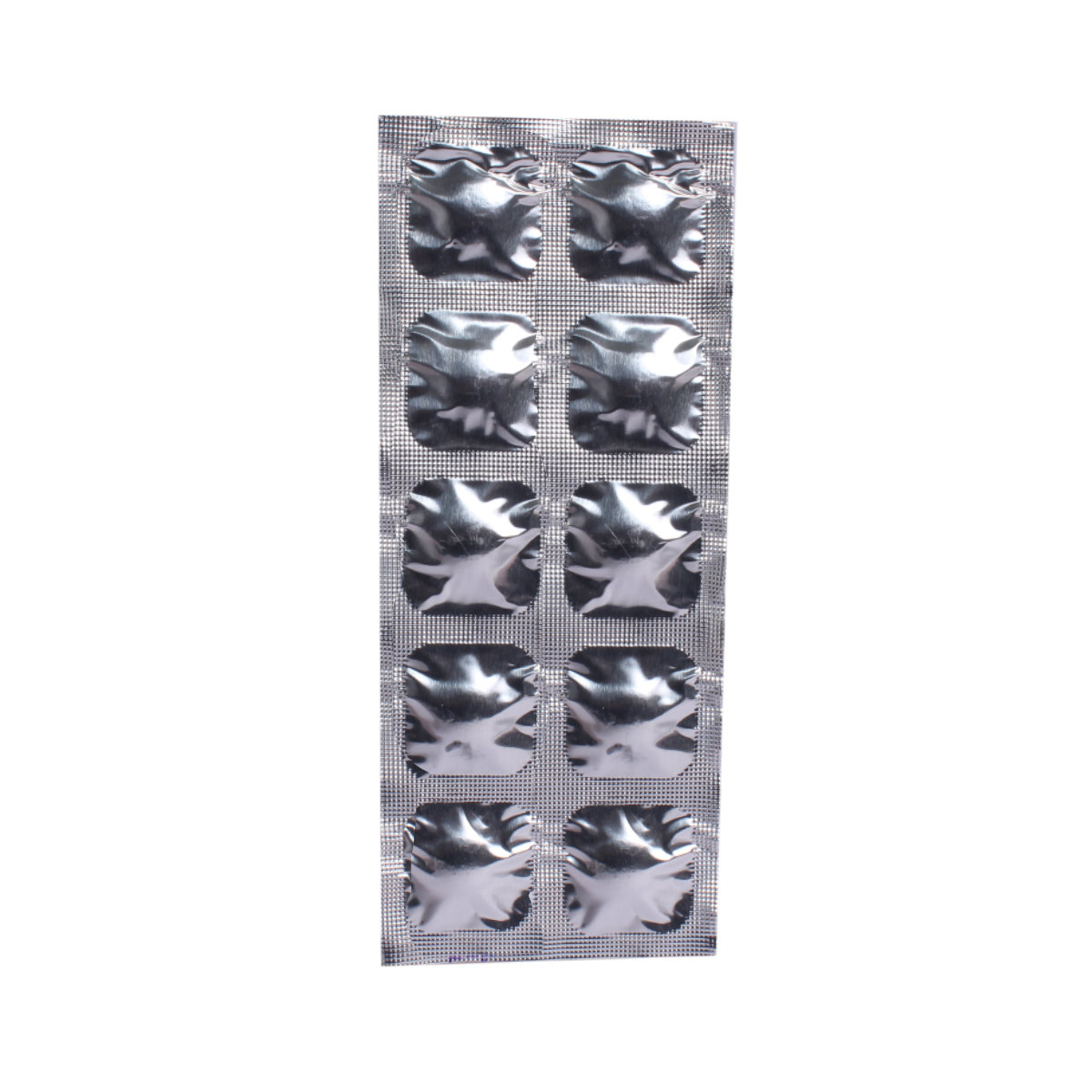
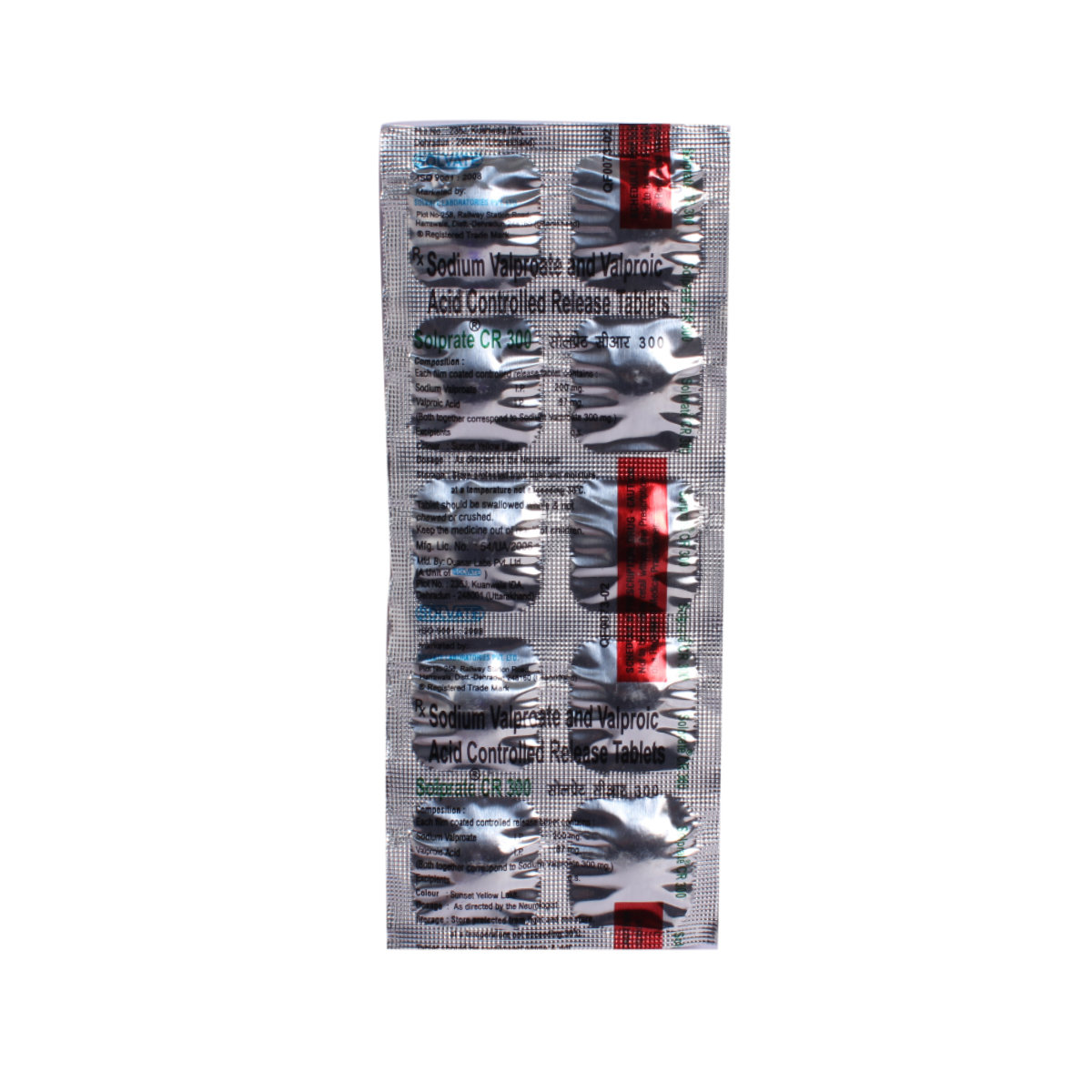

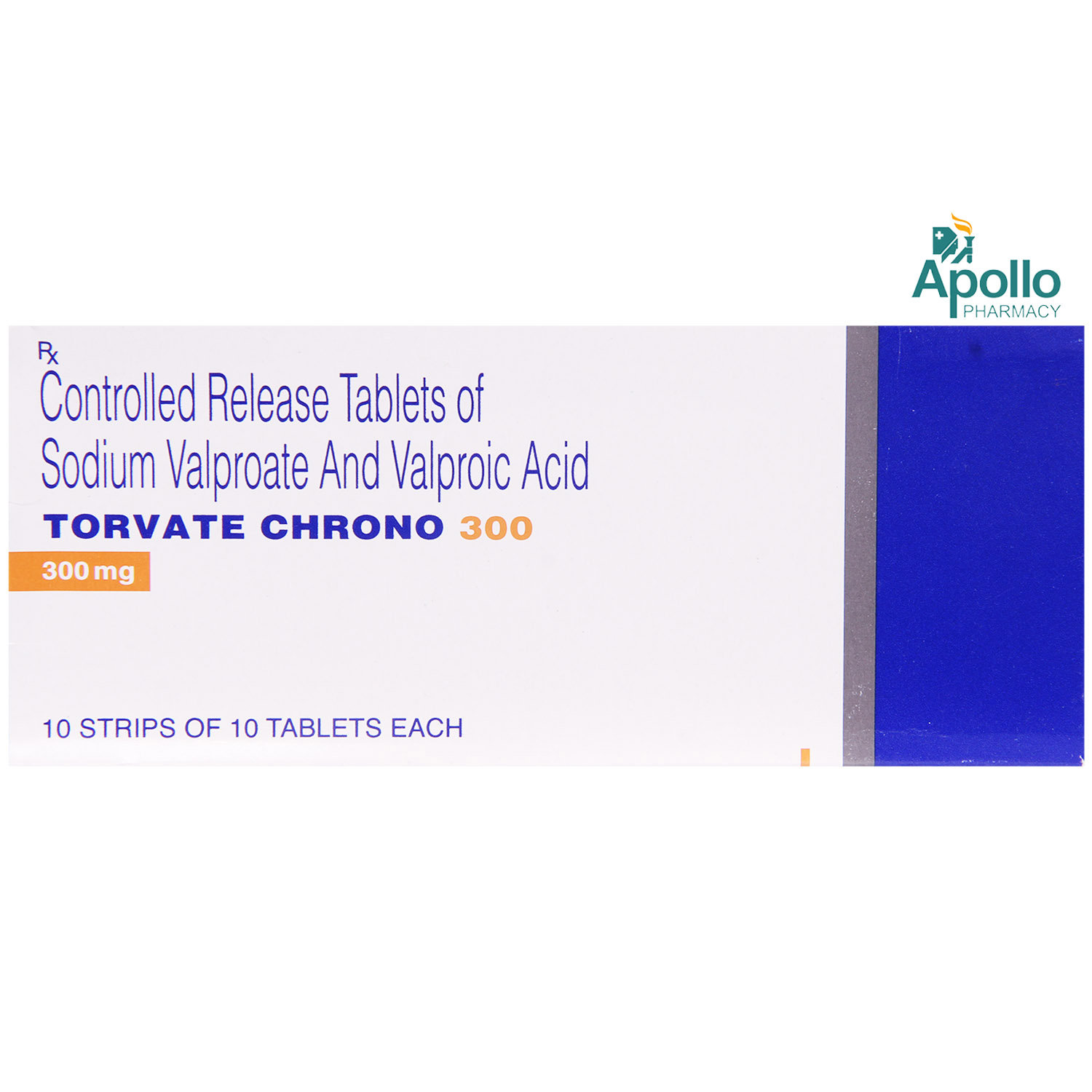


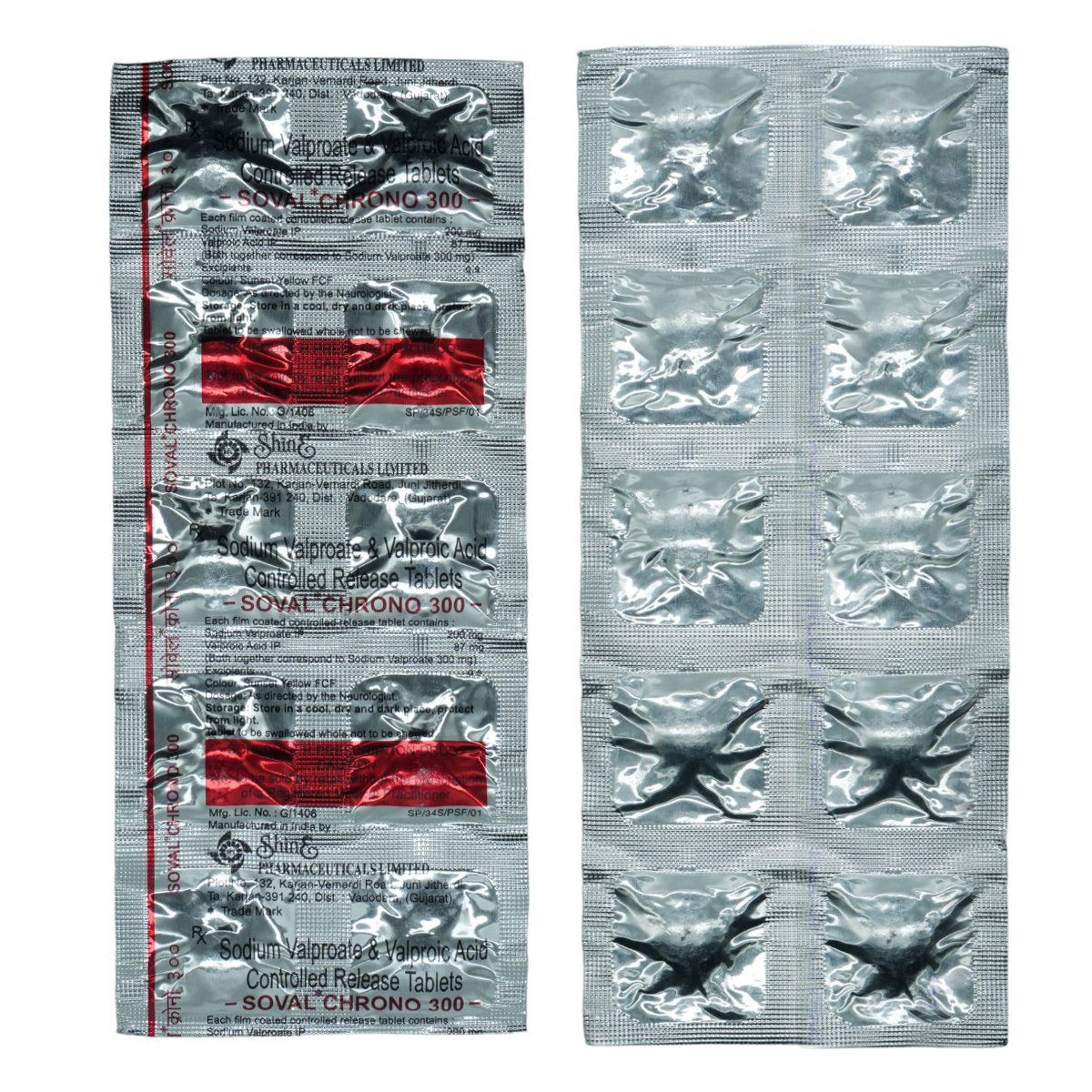
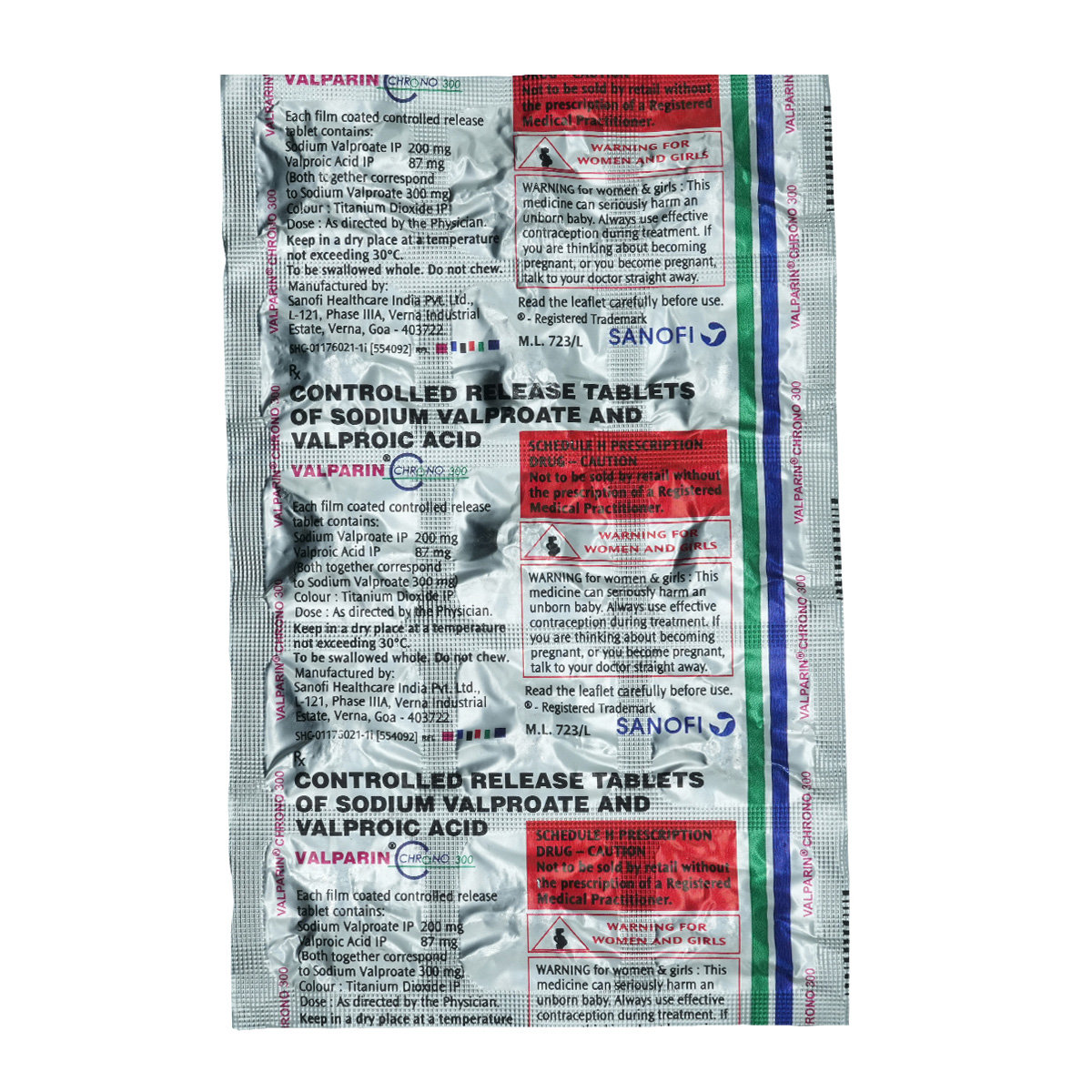

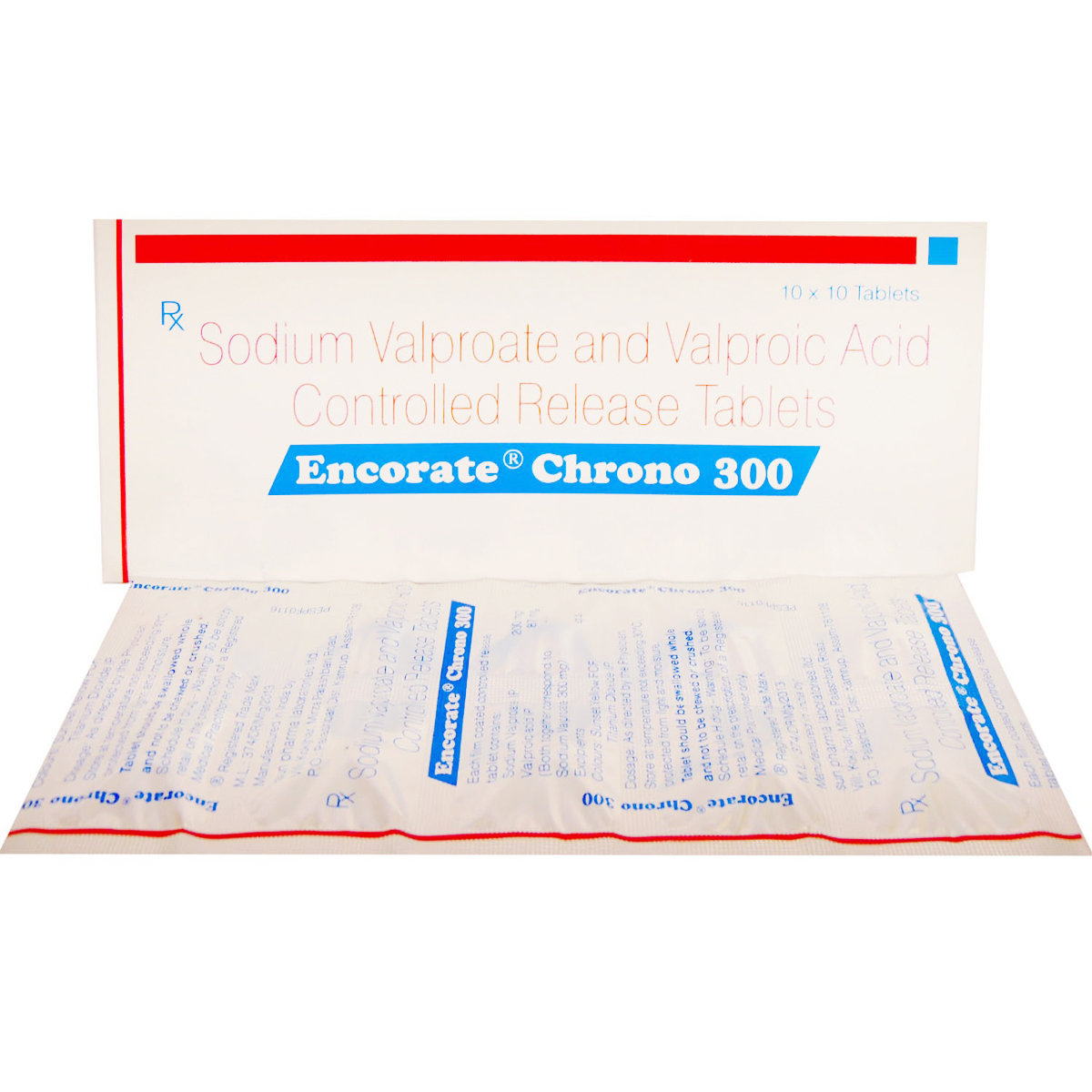
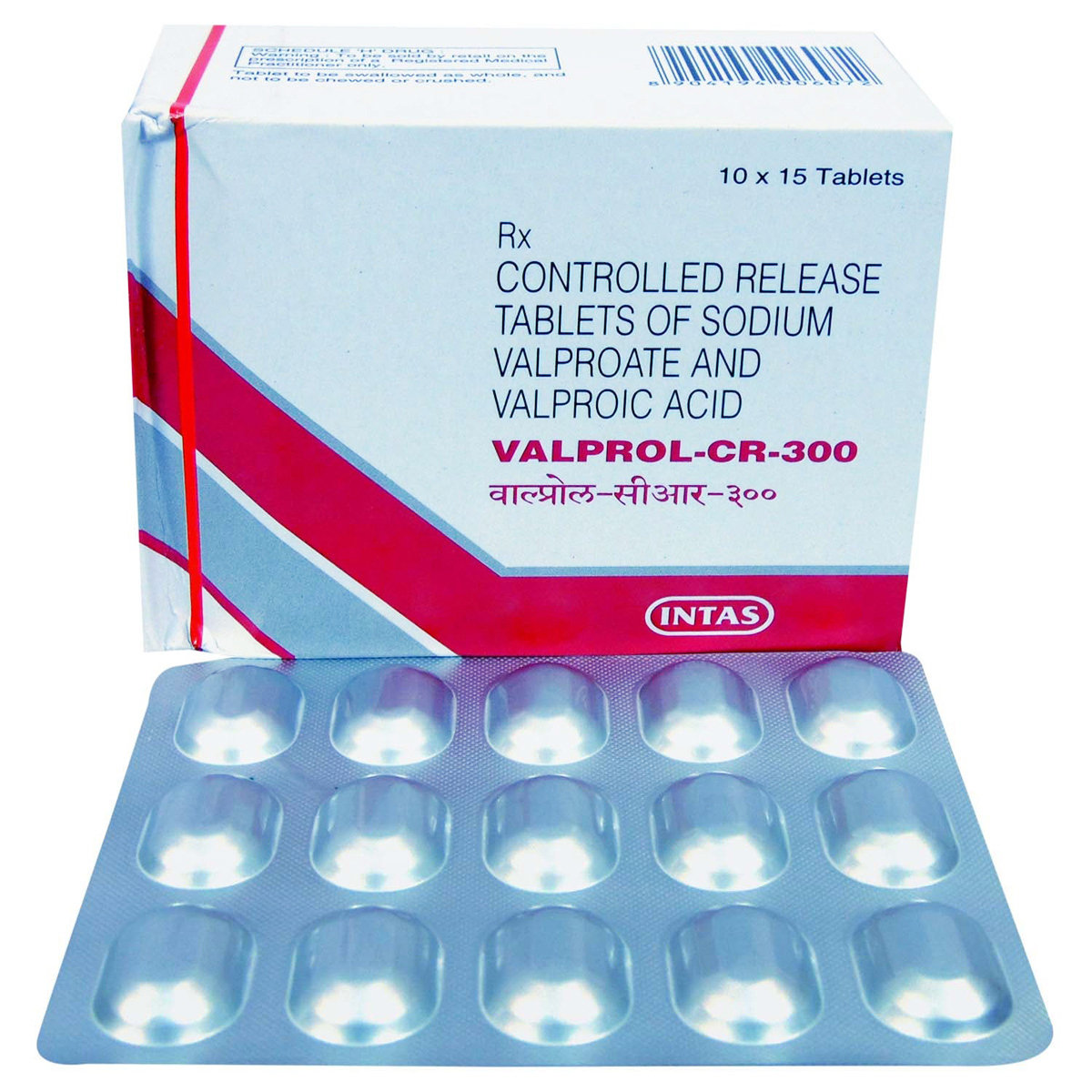

_0.jpg?tr=q-85)

